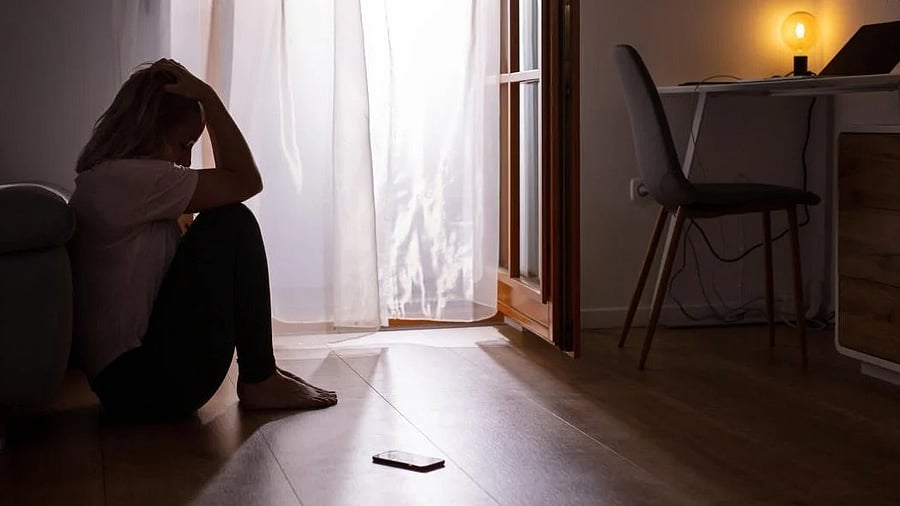
Vaginismus is a condition that makes sexual intercourse difficult, owing to fear of pain and involuntary contraction of pelvic muscles.
Credit: iStock Photo
Bengaluru: Women suffering from vaginismus — a female sexual dysfunction — took an average of 3.23 years after marriage/relationship to seek medical help and around 9% of them suffered from anxiety or depression, according to a research conducted in five cities across the country.
The research, published in the Journal of Obstetrics and Gynaecology of India, has revealed that 9.2% of women with vaginismus were suffering from anxiety and 8.6% of them were depressed.
Vaginismus is a condition that makes sexual intercourse difficult, owing to fear of pain and involuntary contraction of pelvic muscles. As a result, 30.9% of those who reported it were unable to have sex, and in many cases, this had an impact on their relationships and family.
"Many of them did report interpersonal relationship issues. It was either that personal issues caused vaginismus or the condition triggered personal issues. We could not determine which caused the other," Dr Aishwarya Rao, one of the authors of the research, told DH.
A lack of awareness among women and their partners has meant that many women suffer silently. "Since the awareness is low, many women had suffered silently before they sought treatment. The fear in a few of them was so high that anything penetrative could trigger anxiety. Even a check up by a gynaecologist would have been difficult," explained Dr Sandip Deshpande, co-author of the research paper.
The research pointed out that the women with this condition took a mean time of 3.23 years after their marriage/relationship to approach a professional therapist.
"The majority of the participants were from Tier 1 cities, had been married or living together, had tried sexual intercourse previously but had never been successful, and had sought help for the first time, even though the average duration of marriage or relationship was 3.23 years. This highlights the taboo around sexual health and barriers to seeking sexual health services in India, especially among women," the paper said.
The condition had left many women with a guilt that they could not satisfy their partners and this had an affect on their mental health. However, with changing times, many partners are now supporting their spouses to seek help.
"We see that many partners urge the women to speak about their condition openly and seek help from professionals. We have had men who accompany their spouses for therapy sessions. Once the diagnosis is made, the partners are supportive," said Ashima Sahore, one of the authors of the paper.
The research was done by collecting and analysing data of 313 patients with vaginismus from across five cities. This, the researchers claimed, was one of the largest data sets available on vaginismus in India.